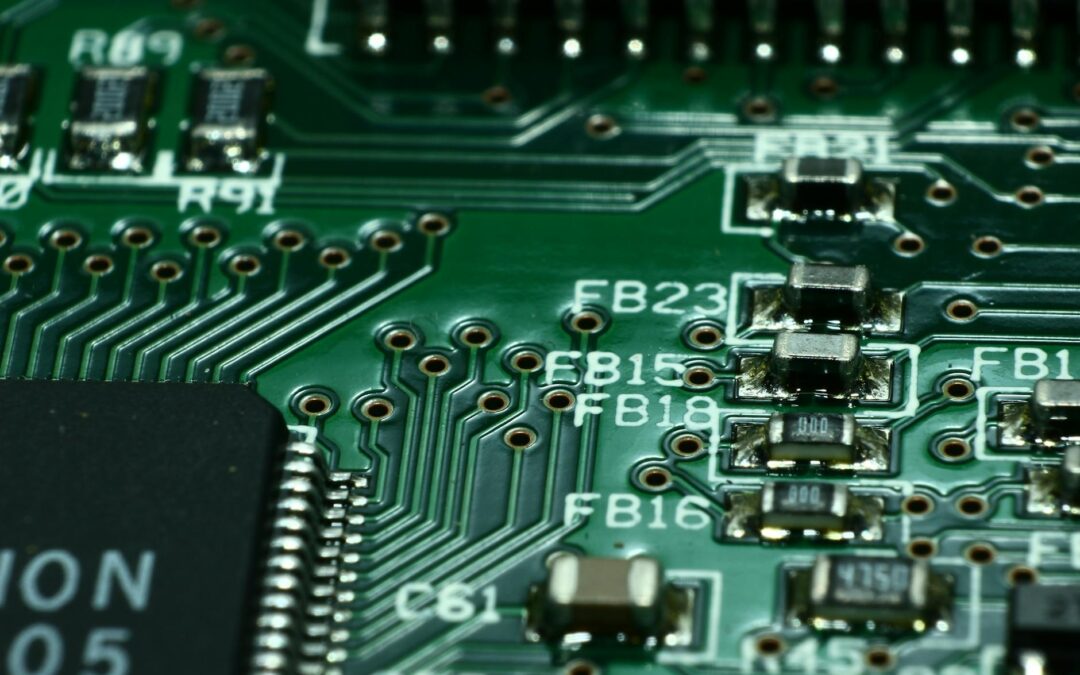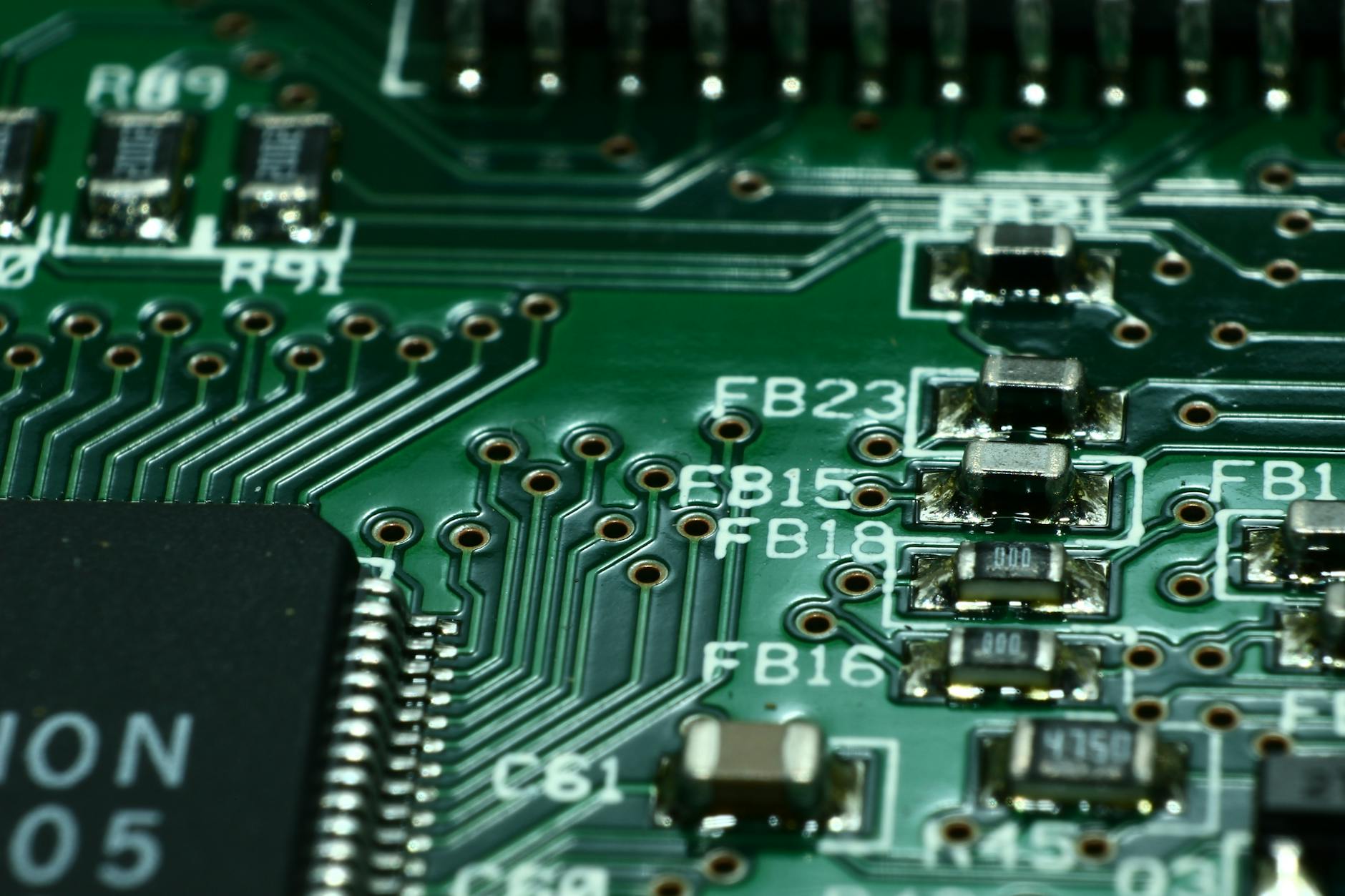Unlock the mysteries of AI’s evolution from Turing’s groundbreaking work to the cutting-edge technology defining our present and future.
Table of Contents
Artificial Intelligence, or AI, has become an integral part of our daily lives, shaping the way we interact with technology and revolutionizing various industries. In this blog post, we will delve into the fascinating world of AI, from its historical origins to its current applications and future possibilities. Join us on a journey through time as we explore the evolution of AI technology and examine the benefits, challenges, and ethical concerns associated with its development.
Introduction to AI
Artificial Intelligence can be defined as the simulation of human intelligence processes by machines, especially computer systems. The concept of AI dates back to ancient times, with early myths and legends depicting artificial beings with human-like qualities. However, it wasn’t until the 20th century that AI as we know it today began to take shape.
One of the founding fathers of AI, Alan Turing, proposed the idea of a “universal machine” in his seminal paper “Computing Machinery and Intelligence” in 1950. Turing’s groundbreaking work laid the foundation for modern AI research and set the stage for the development of intelligent machines capable of performing tasks traditionally requiring human intelligence.
Historical Context of AI
Over the decades, AI technology has continued to evolve, with significant milestones marking its progress. In the 1950s and 1960s, early AI researchers focused on developing programs capable of symbolic reasoning and problem-solving. These efforts culminated in the creation of the first artificial intelligence programs, such as the General Problem Solver developed by Allen Newell and Herbert A. Simon in 1957.
Throughout the 20th century, advancements in computing power and algorithmic techniques fueled the rapid growth of AI research. The development of neural networks and machine learning algorithms in the 1980s and 1990s paved the way for the emergence of modern AI applications, such as natural language processing, image recognition, and autonomous driving.
Current Applications of AI
Today, AI technology is being applied across a wide range of industries and sectors, transforming the way we work, communicate, and live. In healthcare, AI is being used to improve diagnosis and treatment outcomes, with algorithms capable of analyzing medical images and detecting patterns in patient data.
In finance, AI-driven algorithms are revolutionizing trading strategies and risk management, enabling financial institutions to make data-driven decisions in real-time. In transportation, AI-powered systems are driving the development of autonomous vehicles, leading to safer and more efficient modes of transportation.
Benefits of AI
The potential benefits of AI technology are vast and wide-ranging, with the ability to enhance productivity, streamline processes, and drive innovation. AI-powered systems can automate repetitive tasks, freeing up human workers to focus on more complex and creative endeavors.
AI algorithms can analyze vast amounts of data at speeds far exceeding human capabilities, leading to quicker insights and actionable intelligence. By leveraging AI technology, businesses can gain a competitive edge in today’s fast-paced digital economy.
Challenges and Ethical Concerns in AI
While the benefits of AI are clear, the rapid advancement of AI technology also raises significant challenges and ethical concerns. One of the key challenges is the potential for AI to exacerbate job displacement, as automation replaces certain tasks currently performed by humans.
Ethical concerns surrounding AI include issues of algorithmic bias, data privacy, and the potential misuse of AI for malicious purposes. As AI systems become more advanced and autonomous, ensuring transparency and accountability in their decision-making processes becomes increasingly critical.
Future Direction of AI
Looking ahead, the future of AI holds tremendous promise and possibilities. As AI technology continues to mature, we can expect to see even greater advancements in areas such as natural language processing, robotics, and computer vision.
| Year | Event |
|---|---|
| 1950 | Alan Turing publishes “Computing Machinery and Intelligence”, proposing the Turing Test to evaluate a machine’s ability to exhibit intelligent behavior. |
| 1956 | The Dartmouth Conference is held, marking the birth of artificial intelligence as a field of research. |
| 1966 | The Shakey robot is developed at the Stanford Research Institute, showcasing early capabilities of AI in mobility and decision-making. |
| 1980s | The expert systems boom occurs, with AI applications such as MYCIN for medical diagnosis and Dendral for organic chemistry gaining popularity. |
| 1997 | IBM’s Deep Blue defeats world chess champion Garry Kasparov, demonstrating the power of AI in strategic games. |
| 2011 | IBM’s Watson wins Jeopardy!, showcasing advancements in natural language processing and machine learning. |
| 2016 | Google’s AlphaGo defeats world champion Go player Lee Sedol, illustrating the capabilities of deep learning and neural networks. |
| 2020 | AI continues to be integrated into various industries, from healthcare to finance, transforming how tasks are automated and decisions are made. |
Emerging trends such as explainable AI and ethical AI are shaping the future direction of AI research, with a focus on developing transparent and responsible AI systems. By addressing the challenges and ethical concerns associated with AI, we can unlock the full potential of AI technology for the benefit of society.
Can Skynet Happen?
One of the recurring themes in popular culture is the concept of a “Skynet” scenario, in which AI exceeds human control and poses a threat to humanity. While the likelihood of a full-blown “Skynet” scenario may seem far-fetched, the potential dangers of superintelligent AI must be taken seriously.
To mitigate the risks associated with AI technology, researchers and policymakers are actively working on developing safeguards and ethical guidelines. Ensuring that AI systems are designed with human values and ethical principles in mind is essential to preventing the emergence of a dystopian future.
Solutions to AI Risks
Addressing the risks associated with AI technology requires a multi-faceted approach that involves collaboration between industry stakeholders, researchers, policymakers, and the public. Establishing ethical guidelines and regulatory frameworks can help ensure that AI development is conducted in a responsible and transparent manner.
By fostering an open dialogue on the ethical implications of AI technology and implementing robust oversight mechanisms, we can build a future where AI enhances our lives in meaningful and positive ways.
Promising Developments in AI
Despite the challenges and ethical concerns surrounding AI, there are numerous promising developments taking place in the field of artificial intelligence. Researchers are making significant strides in areas such as reinforcement learning, generative models, and AI ethics.
By harnessing the power of AI technology for social good and embracing a human-centered approach to AI development, we can create a future where intelligent machines coexist harmoniously with humans, benefiting society as a whole.
Conclusion
In conclusion, the journey through the world of artificial intelligence is a fascinating and complex one, filled with both excitement and apprehension. As we continue to push the boundaries of AI technology, it is imperative that we approach its development with caution, mindfulness, and a commitment to ethical principles.
By staying informed about the latest developments in AI research and engaging in thoughtful dialogue on the societal implications of AI technology, we can shape a future where artificial intelligence enriches our lives and advances the collective good. Join us on this exploration of the wonders and worries of artificial intelligence, as we navigate the ever-evolving landscape of AI with curiosity, optimism, and ethical responsibility.
FAQ
What are the main applications of AI in today’s world?
Answer 1: AI is used in healthcare for diagnosis, finance for trading, and transportation for autonomous vehicles, among other industries.
What are the ethical concerns surrounding AI technology?
Answer 2: Ethical concerns include algorithmic bias, data privacy, and potential misuse of AI for malicious purposes.
How can AI risks be mitigated?
Answer 3: AI risks can be addressed through ethical guidelines, regulatory frameworks, and open dialogue on the implications of AI.
What are some promising developments in the field of AI?
Answer 4: Promising developments include reinforcement learning, generative models, and advancements in AI ethics, leading to a future where AI benefits society positively.


Recent Comments